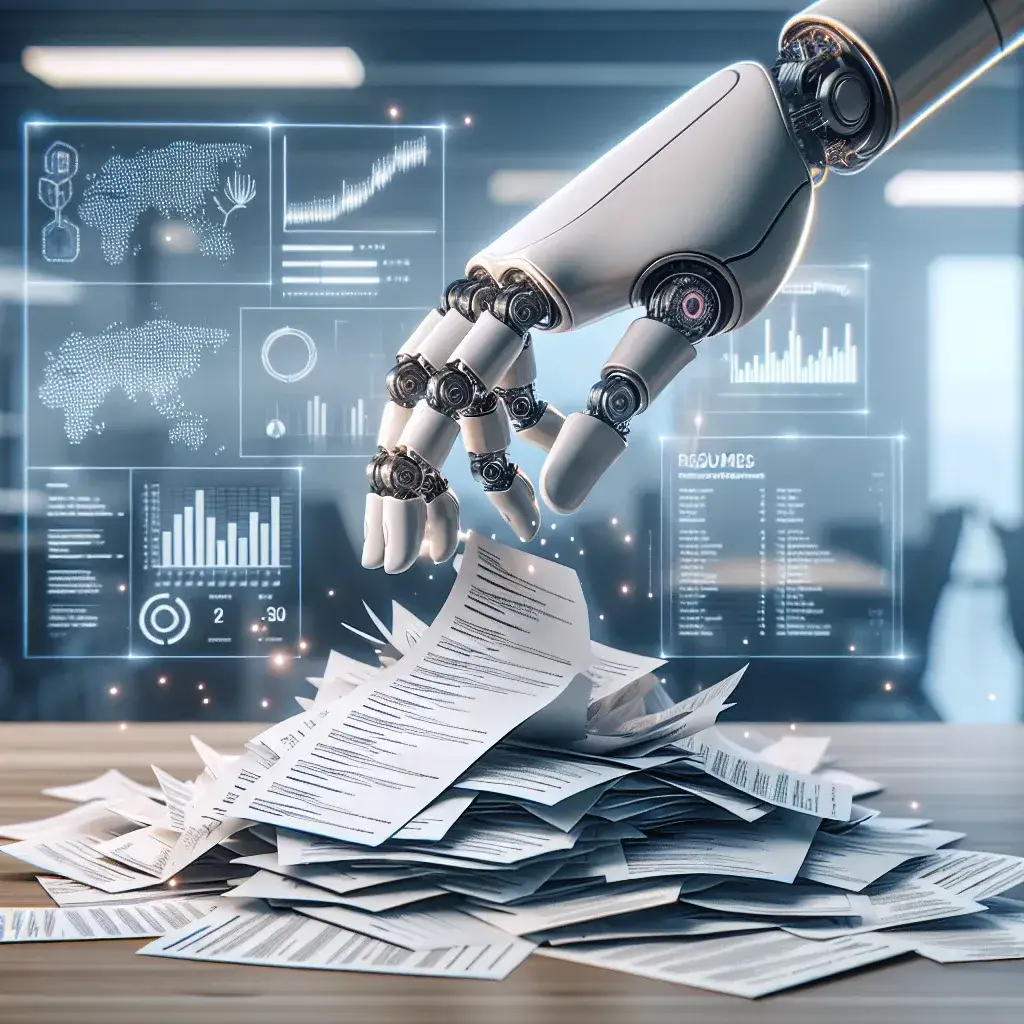Introduction
The recruitment process has traditionally been a time-consuming and labor-intensive task for HR professionals. However, with the integration of Artificial Intelligence (AI) and Machine Learning (ML) into recruitment, organizations are experiencing significant improvements in efficiency and effectiveness. This article explores how AI and ML are streamlining the hiring process, enhancing candidate experience, and ultimately leading to better hiring decisions.
Understanding AI and Machine Learning
Before diving into their applications in recruitment, it’s essential to understand what AI and ML are:
- Artificial Intelligence (AI): Refers to the simulation of human intelligence in machines designed to think and act like humans.
- Machine Learning (ML): A subset of AI that allows systems to learn from data, identify patterns, and improve over time without explicit programming.
The Role of AI and ML in Recruitment
AI and ML technologies can significantly impact various stages of the recruitment process. Here are some critical areas where they are making a difference:
1. Resume Screening
One of the most time-consuming tasks in recruitment is the initial screening of resumes. AI-powered tools can automate this process by using ML algorithms to analyze resumes and identify the best candidates based on predefined criteria. This not only saves time but also eliminates bias by focusing solely on qualifications and experience.
2. Candidate Assessment
AI can facilitate more accurate candidate assessments through various methods:
- Skill Assessment Tools: These AI-driven assessments can evaluate candidates’ skills and competencies through customized tests.
- Video Interviews: AI can analyze facial expressions, tone of voice, and speech patterns during video interviews to assess candidate suitability.
3. Enhanced Candidate Experience
With chatbots powered by AI, candidates can receive instant responses to their queries 24/7. This enhances the candidate experience by providing timely updates on their application status and answering frequently asked questions. Moreover, personalized communication improves candidate engagement.
4. Predictive Analytics
AI can analyze historical hiring data and predict which candidates are more likely to succeed in a given role. This predictive capability helps HR professionals make informed decisions, ultimately leading to better employee retention and reduced turnover rates.
5. Talent Sourcing
AI tools can scour various online platforms and databases to identify potential candidates that match job requirements. By automating talent sourcing, recruiters can focus their efforts on engaging with high-potential candidates rather than spending hours searching through databases.
Benefits of Integrating AI and ML in Recruitment
The incorporation of AI and ML into the recruitment process brings numerous benefits to organizations, including:
- Time Efficiency: Automating repetitive tasks allows HR teams to focus on strategic activities rather than administrative duties.
- Improved Accuracy: AI minimizes human error, enabling more objective decision-making based on data rather than intuition.
- Enhanced Diversity: By removing bias from the initial screening processes, AI contributes to a more diverse and inclusive hiring landscape.
- Cost-Effectiveness: Streamlined processes lower recruitment costs as organizations can hire more efficiently.
Challenges and Considerations
While the benefits of AI and ML in recruitment are compelling, organizations must also be aware of potential challenges:
- Data Privacy: With the increasing use of AI to process personal candidate data, companies must implement robust data protection measures to comply with regulations.
- Mitigating Bias: Even with AI, there’s a risk of bias if the data used for training the algorithms is biased itself. Organizations need to ensure diversity in the training datasets.
- Over-Reliance: An over-reliance on AI can lead to overlooking the human element that is crucial in recruitment. Balancing technology and personal touch is essential.
Future Trends of AI in Recruitment
The integration of AI in recruitment is only set to grow. Some future trends include:
- Greater Personalization: Tailored recruiting experiences for candidates based on their background and preferences.
- Remote Work Assessments: Innovative tools for assessing candidates in a remote work context will be developed as remote hiring continues to rise.
- AI-Driven Job Matching: AI systems that dynamically match candidates with job opportunities based on real-time data analysis.
Conclusion
The recruitment landscape is evolving rapidly as AI and ML technologies reshape how organizations find and hire talent. By streamlining the hiring process, enhancing candidate experience, and providing data-driven insights, AI is proving to be an invaluable asset in modern recruitment. However, while embracing these technologies, organizations must remain vigilant against potential challenges, ensuring that they enhance rather than hinder the hiring process. In doing so, they can secure the best talents and drive their organizations toward success.

